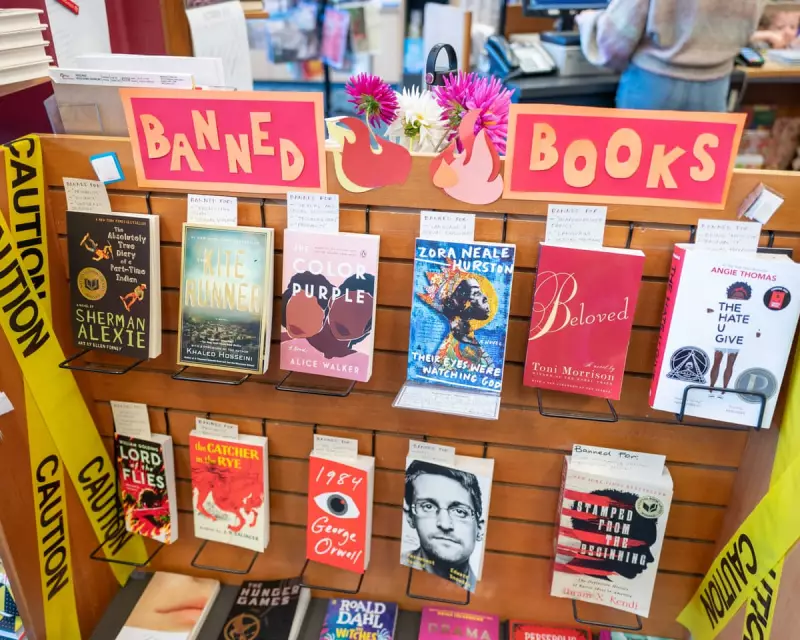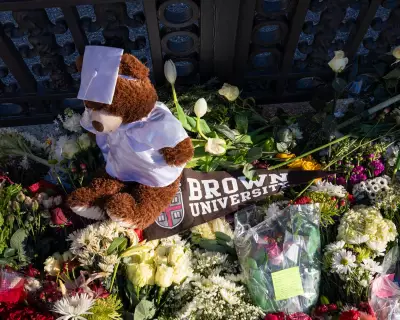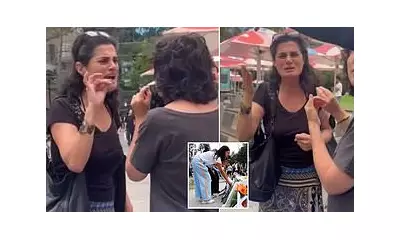
A Conservative councillor has ignited a fierce national debate after attempting to remove Stephen Kelman's award-winning novel Pigeon English from school reading lists, claiming the book's content is inappropriate for young readers.
Literary Award Winner Under Fire
The controversial move targets a novel that was shortlisted for the prestigious Man Booker Prize and has been widely praised for its authentic portrayal of a young Ghanaian immigrant's experience in Britain. The councillor's objections centre around the book's depiction of gang violence and its use of colloquial language.
Education Experts Push Back
Educational professionals and literary figures have rallied to the book's defence, arguing that Pigeon English provides vital representation for diverse student experiences. "This is precisely the kind of literature that helps young people understand different perspectives," commented one education specialist.
Broader Implications for Curriculum Freedom
The attempted ban raises significant questions about:
- Who determines what literature is appropriate for educational settings
- The role of diverse voices in the national curriculum
- Political influence over educational content
- The balance between protection and censorship
Stephen Kelman's debut novel, inspired by the real-life story of Damilola Taylor, has been celebrated for its unique narrative voice and compassionate exploration of contemporary urban life. The protagonist's journey as an 11-year-old Ghanaian boy navigating life on a London housing estate has resonated with readers and educators alike.
Growing Pattern of Literary Challenges
This incident forms part of a wider pattern of attempts to restrict access to certain books in educational institutions across the UK. Cultural commentators have expressed concern about the increasing politicisation of reading materials in schools.
The controversy highlights ongoing tensions between local political oversight and educational professional judgment, with many questioning whether individual councillors should have the authority to remove acclaimed literary works from classroom use.
As the debate continues, educators and free speech advocates are watching closely, concerned that such actions could set a dangerous precedent for literary censorship in Britain's education system.





